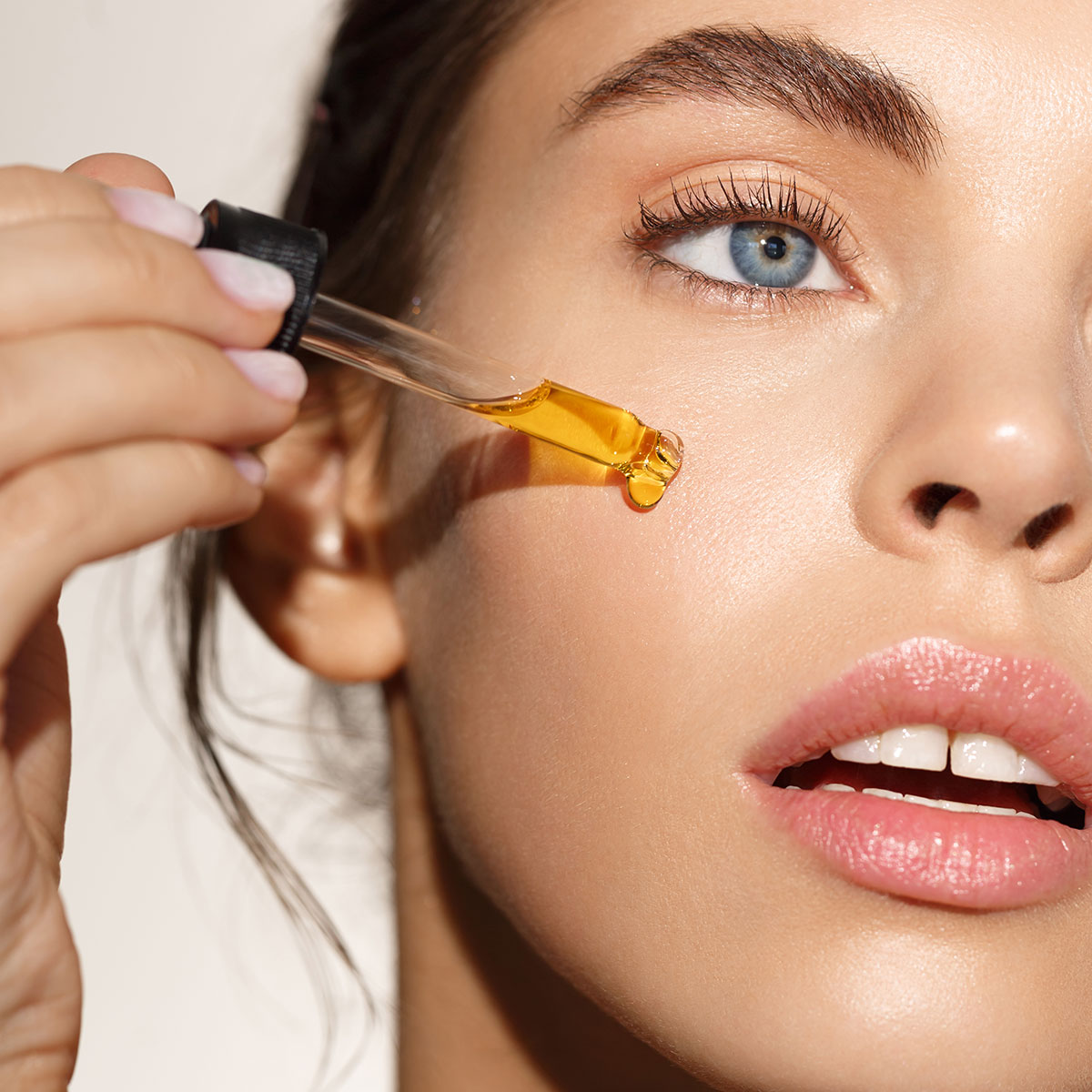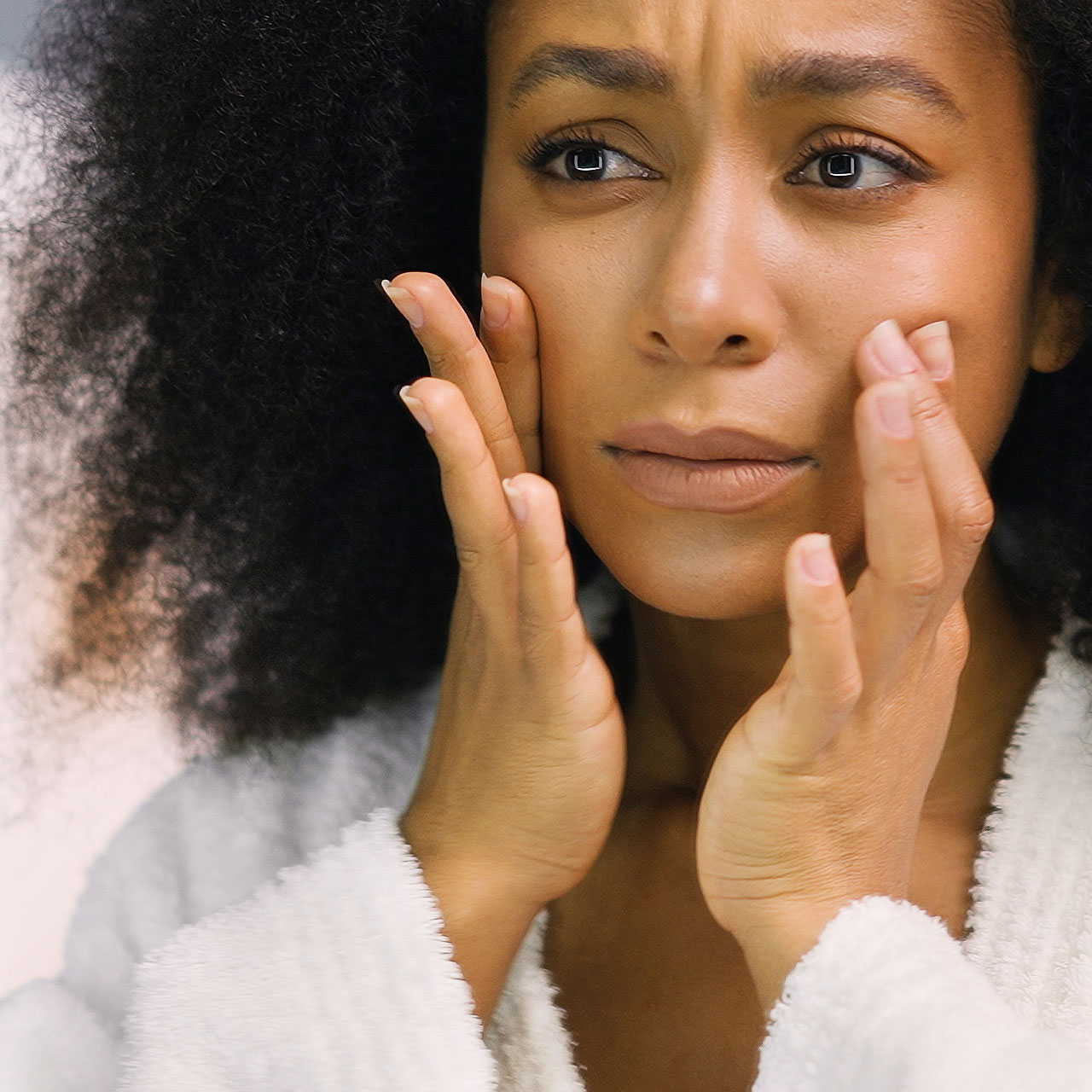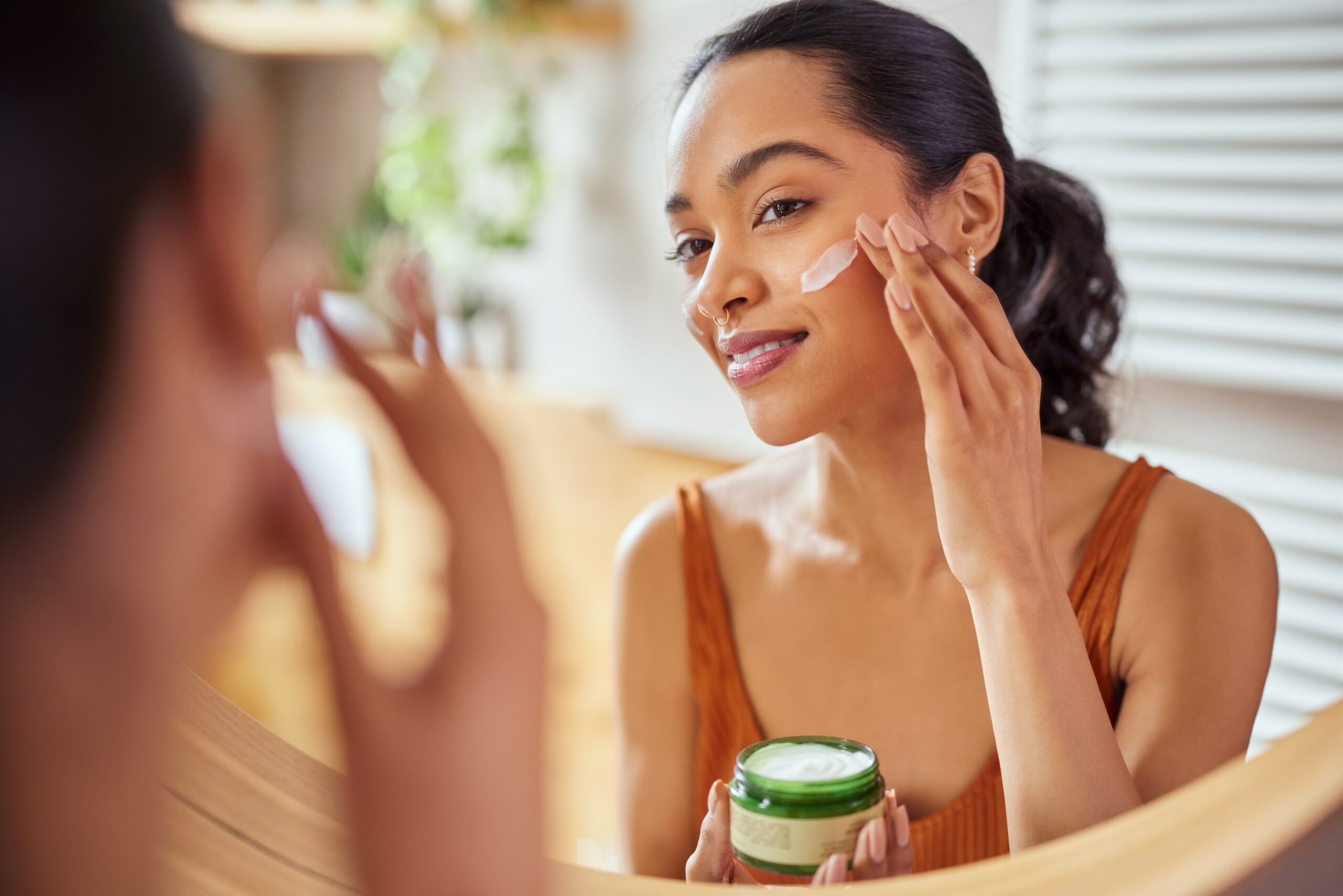Of all the skincare ingredients that have gone from enjoying cult status to becoming actual must-haves in our routine, vitamin C is way up there with retinol. And one of the reasons why it has become so popular is because it has the backing of dermatologists who sing its praises as an effective treatment that can have a number of benefits on so many skin types. If you’ve been faithfully using a vitamin C serum for years and wonder if it is actually working or you’re thinking about trying one (and can’t decide among the literally hundreds of bottles upon store shelves), allow these dermatologists to clear the air a bit. Is vitamin C really effective for anti-aging? We went straight to the best source — dermatologists — to find out what they think.
What does topical vitamin C do for skin?
As it turns out, so many skin experts are fond of vitamin C and recommend it to their own clients. “Vitamin C has many great benefits for the skin, like protecting it from environmental damage, improving the appearance of fine lines and wrinkles, and helping with brightening the skin’s complexion,” says Dr. Alain Michon, medical director at the Ottawa Skin Clinic. “Since vitamin C is an antioxidant, it is able to protect the skin as it neutralizes the free radical molecules, which typically damage the skin if there is excess.”
Dr. Tanuj Nakra, double board certified plastic surgeon and co-founder of AVYA Skincare, says he often tells his patients that vitamin C is the single most important skin care ingredient.
“It is a true powerhouse that (1) reverses UV damage in real time, (2) reverses skin aging, (3) evens skin complexion, (4) treats acne, and (5) enhances skin tone,” Dr. Nakra confirms. “Literally everyone of all ages can benefit from topical vitamin C. The catch is the molecule is quite unstable, and many skincare products that feature Vitamin C may not adequately protect the ingredient in the manufacturing process. Inactivated Vitamin C does not have any benefit. Various techniques are used in medical-grade skincare to stabilize and protect the delicate Vitamin C molecule.”


How can vitamin C be incorporated into a skincare routine?
Vitamin C is a must for preventing environmental-related skin aging and should be used first in the morning and paired with sunscreen for optimal protection throughout the day, Dr. Michon says. “A wide range of vitamin C products are available, like serums and moisturizers, but it is important to understand the effectiveness of vitamin C in each product,” he says. “Typically, it is recommended by skincare professionals to use a vitamin C serum with a concentration of at least 10%. However, it is also incredibly important to apply sunscreen after applying vitamin C serum and moisturizer in order to protect the skin against free radicals effectively.”
It’s also a good idea not to wait after washing your skin to apply your vitamin C. “Vitamin C serums are best applied generously to freshly washed skin,” Dr. Nakra says. “After the serum dries down, a high-quality medical grade moisturizer should be applied to ‘lock in’ the vitamin C — this enhances penetration as well as its duration of action.”
Should any skin types avoid it (rosacea, sensitive skin, etc)?
Anyone can use vitamin C, but paying attention to the percentage that you apply is important if you have more sensitive skin. As it turns out, hyperpigmentation from acne blemishes or rosacea can be improved with high-potency vitamin C serum and skin-lightening products containing kojic acid, tranexamic acid, and niacinamide, Dr. Michon says. “The majority of good vitamin C serums contain between 10-20% L-ascorbic acid combined with vitamin E to ensure that the product is safe yet effective for the skin. Serums with a lower potency of L-ascorbic acid (closer to 10%) are most effective for those prone to irritation. Since many people have different skin types, it is essential that each person caters adequately to their skin needs.”

What role does oral vitamin C play for better skincare outcomes?
Despite all this talk about topical vitamin C serums, you should absolutely keep up with your vitamin C supplements and incorporating foods like citric fruits into your diet. But don’t confuse the benefits of oral vitamins with topical ones. “Oral Vitamin C certainly has health benefits, but the amount that reaches the skin through the blood circulation (after being absorbed by the digestive system) is infinitesimally small,” Dr. Nakra says. “Basically, [there’s] no benefit for your skin with even large doses of oral Vitamin C. The best way to treat your skin with Vitamin C is direct application with a product that is able to keep the ingredient stable until it hits the skin.”
Vitamin C is a powerhouse topical ingredient in skincare that can be purchased at many different price points — but as these experts remind us, do check for concentration levels. Or visit a dermatologist first to get their opinion on a formula that’s perfect for your skin.


























